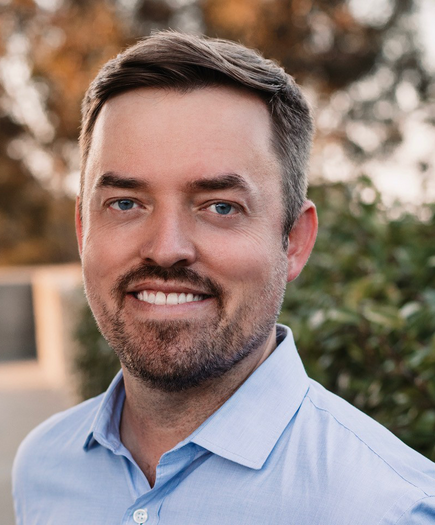The politics of age, the Light Fellowship, and Japanese Studies at Yale


Charles T. McClean is a Japan Foundation Postdoctoral Associate who works with the Council on East Asian Studies at the MacMillan Center, and will begin his role in the fall as an Assistant Professor of Political Science at Yale. In a Q&A session with the Office of International Affairs, McClean discussed his research on the marginal status of youth in political leadership, resources available for students to embark on Japanese Studies at Yale, and his own role in furthering conversations about Japan on Yale’s campus.
Q: What types of research questions do you explore?
A: I study the politics of age, with a particular focus on the underrepresentation of young people in political institutions. Across the world, the individuals leading our governments are often significantly older than most of the constituents they represent. This age gap in political representation takes on added significance in advanced democracies like Japan, where the challenges posed by an aging population and declining birth rate magnify the importance of engaging young people in politics.
The book I am currently working on addresses two critical questions. The first question investigates the root causes of why young people are less likely to be found in elected offices. Are institutional barriers the main problem, or does the issue stem from broader societal attitudes? The second question explores the ramifications of this underrepresentation. How does it affect the development of public policies, and what does it mean for the overall health and vibrancy of democracies?
These inquiries are critical for understanding how the voices and interests of younger generations can be better integrated into the policymaking process, ensuring that democracies remain responsive to all age groups.
Q: What sparked your interest in Japan?
A: When I start as an Assistant Professor of Political Science at Yale this July, I will also be commemorating a personal milestone: the 20th anniversary of my first visit to Japan. This trip happened right before I started college. Initially, I was drawn to the language and culture, which predated my interest in politics. Throughout college and afterwards, I took every chance to return to Japan, deepening my understanding and appreciation.
This early exposure to Japan has also shaped my view on the importance of study abroad. With programs like the Light Fellowship at Yale, which supports students studying in East Asia, I am interested in helping students begin their own exploration of Japan. It is a full circle moment for me, supporting others in starting a journey that was so transformative in my own life.
Q: You have been leading a successful colloquium series on Japanese Politics and the Global Political Economy. Can you share more about Japanese Studies at Yale and your roles?
A: Japanese Studies has a long history at Yale. I am excited and grateful to contribute to that rich tradition, especially at a time when Yale is expanding its focus on Japan across various disciplines.
With the colloquium series on Japanese Politics and the Global Political Economy, my aim has been to bring a variety of perspectives to campus, drawing not just from political science but also sociology, history, public policy, and journalism. A highlight I am particularly proud of is having hosted the Tokyo bureau chiefs from both The New York Times and The Washington Post—a testament to the series’ ability to engage with key voices shaping our understanding of Japan on the global stage.
As an assistant professor, I am looking forward to continuing this multidisciplinary dialogue in the years ahead.
Q: Can you share your upcoming plans for teaching a new course in the fall?
A: I am excited to be teaching a new course this fall on Japanese Politics and Public Policy. The course is structured around two main features that I believe enhance learning and engagement.
The first feature is an emphasis on puzzles and research questions. Each session is designed around an intriguing puzzle about Japanese politics, domestic policy, or foreign policy. This approach is meant not only to pique students’ interest but also introduce them to the research process—which, much like this Q&A, begins with identifying research questions.
The second feature is a focus on challenges in public policy. We start with the foundations of Japanese politics and then, week by week, delve into a wide range of policy areas including but not limited to defense, energy, gender, immigration, income inequality, population aging, territorial disputes, and trade. The goal is to understand the key actors in Japanese politics, their policy preferences, and how political institutions affect the realization of these interests.
The course aims to equip students with a deeper understanding of Japanese politics and public policy as well as the skills to engage in thoughtful analysis and research.
~~~
To learn more about the Richard U. Light Fellowship, visit the fellowship page.
